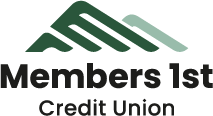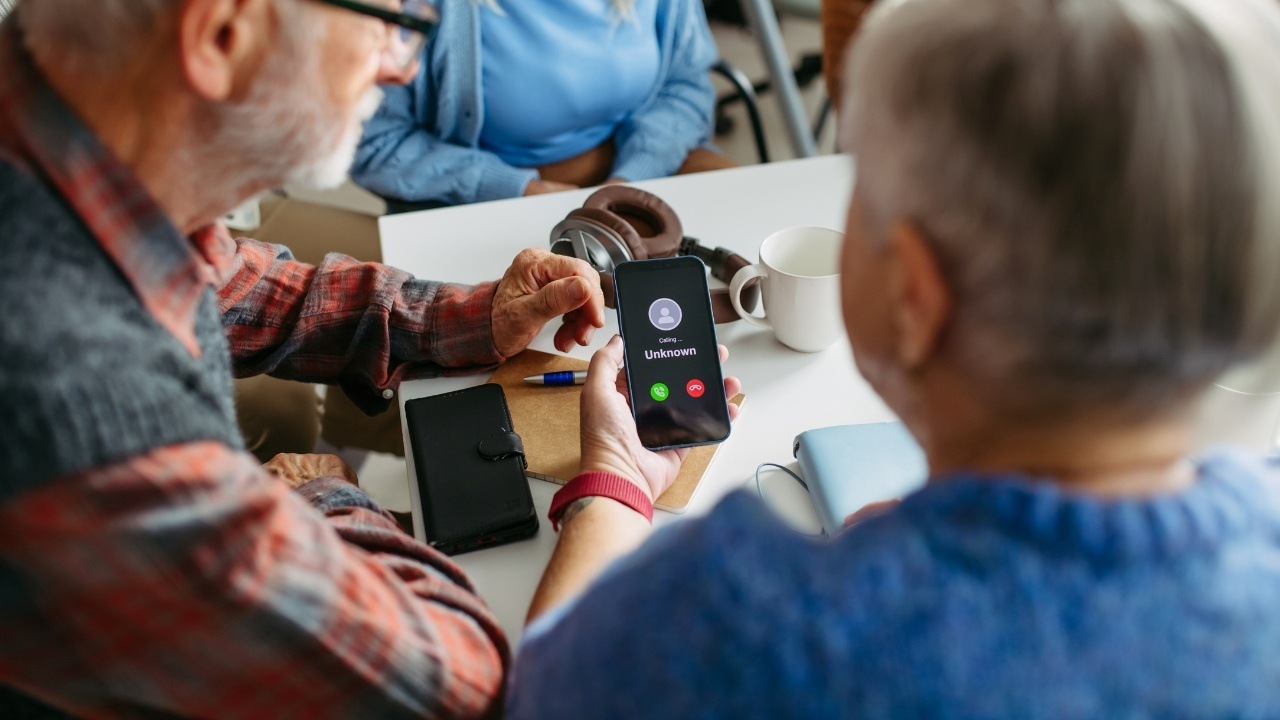_(1280_x_720_px).jpg)
Bye-Bye Bounce Fees
Say goodbye to fees on bounced transactions, as Members 1st has eliminated Returned Item Fees, also known as Non-Sufficient Funds (NSF) Fees.
What This Means For You
Members 1st no longer charges fees for items returned due to an insufficient balance on accounts that don’t have Overdraft Protection, Courtesy Pay, or when a third-party check is returned to a member’s account. By scrapping Returned Item Fees, Members 1st seeks to reduce expenses for our members and empower them to save more effectively. Removing this fee demonstrates our commitment to fair and transparent banking and support for our members to help them simplify their finances and keep more money in their pocket.
What Are Returned Item Fees?
A Returned Item Fee is a charge that a bank or credit union may apply to an account when a payment or transaction is returned due to insufficient funds, also known as bouncing a check or ACH payment. For example, if you write a check or make a payment without enough money in your account to cover it, the bank may return the payment and charge you a Returned Item or NSF fee. Additionally, rejected payments may result in returned check fees, late fees, or interest charges from the service provider or credit card company you were attempting to pay.
How Do Returned Item Fees Differ from Courtesy Pay?
Returned Items are check or ACH transactions that "bounce" due to insufficient funds in an account when attempting to settle a transaction, resulting in the transaction being returned. Meanwhile, Courtesy Pay allows a transaction to go through that would otherwise have been returned. Courtesy Pay charges a fee for temporarily extending funds to your account to process the transaction.
Recommended Safety Nets for Your Accounts
- Overdraft Protection is a service that automatically transfers money from a linked deposit account when there’s not enough in your checking account to cover check, debit, and ACH transactions. The exact amount needed to process the transaction is transferred from the linked deposit account to your checking account, allowing the transaction to clear with no associated fee. Members 1st allows multiple deposit sources with varying priorities to be linked to a checking account to serve as Overdraft Protection, such as savings, auxiliary savings, checking, Visa credit cards, and Home Equity Lines of Credit. Although there is no charge for overdraft protection transfers from a Members 1st deposit account, fees or finance charges may be applicable if a line of credit is used for Overdraft Protection. For more information, click here.
- Courtesy Pay allows you to overdraw your account up to the disclosed limit for a fee to pay a transaction. Even if you have overdraft protection, Courtesy Pay is still available as secondary coverage if the other protection source is exhausted. For more information, click here.
- Enable Account Notifications in Online Banking or the mobile app to establish low-balance push notifications or email alerts to stay informed on your account balances, allowing you to transfer funds to your account as needed to avoid depleting your funds available for transactions. For more information, click here.




